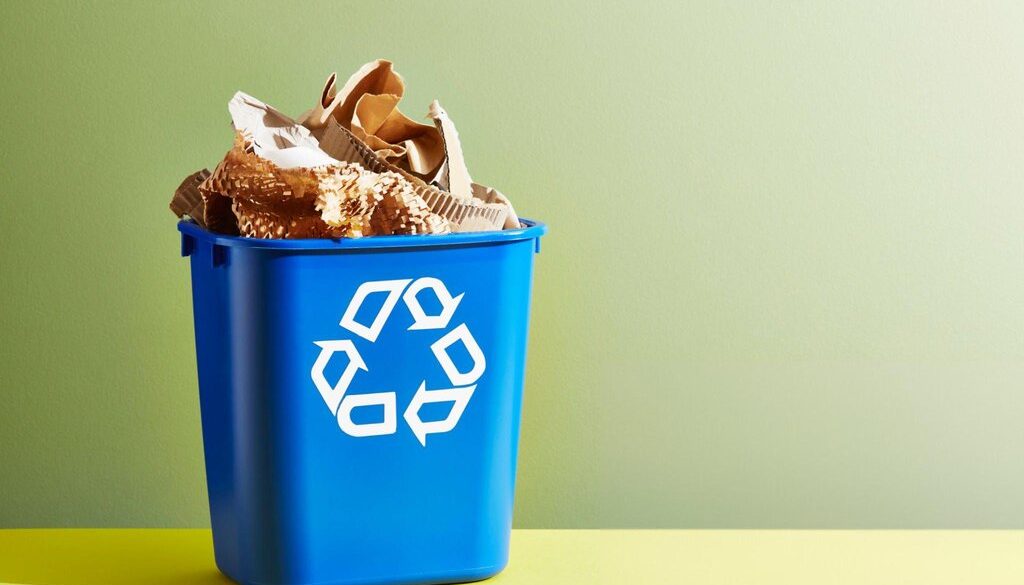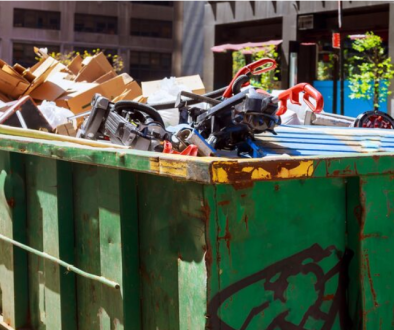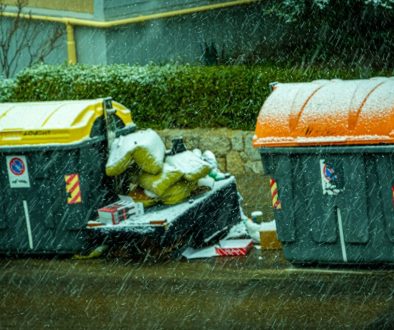Recycling plays a key role in protecting the environment, and cardboard and paper stand out for their potential to be continually repurposed. Think about those cardboard boxes from deliveries or the countless sheets of paper that accumulate at home or work. Instead of adding to the ever-growing heaps of waste, these materials can be transformed into valuable resources. Understanding the journey of cardboard and paper from your doorstep to new, recycled products can inspire a more mindful approach to waste management and environmental stewardship.
In Cheshire, the community shows increasing enthusiasm for eco-friendly solutions that benefit not just the environment, but also local economies and future generations. By adopting advanced recycling techniques, you not only lessen your environmental footprint but also contribute to a sustainable world for communities like Wilmslow. The idea is to make recycling an easy and regular task, helping to reduce waste and promote sustainability in your everyday life.
Why Recycle Cardboard and Paper?
Choosing to recycle cardboard and paper offers a range of environmental benefits. For one, recycling saves trees — a vital resource for maintaining our planet’s biodiversity and combating climate change. By recycling, you help reduce the energy and water used in manufacturing new products, which in turn leads to less air and water pollution.
The economic benefits are equally encouraging. Recycling creates job opportunities in various sectors, from collection to processing, and cuts costs associated with waste disposal. Money saved from reduced landfill usage can be reinvested into the community, improving local facilities and services.
Think about the long-term sustainability impacts in areas like Wilmslow. Every piece of recycled paper or cardboard contributes to a healthier environment and a more robust future for your community. When you recycle, you’re investing in a better tomorrow for you and your neighbours, ensuring that the natural beauty and resources of your surroundings are preserved for generations to come.
Advanced Techniques for Cardboard Recycling
Recycling cardboard involves breaking it down into its raw materials, which can then be used to create various new products. The process begins by collecting cardboard, which is then sorted and compacted. It’s immersed in water to create a pulp, a crucial step allowing the fibres to separate. This pulp is then cleaned to remove any remaining ink and adhesives. Finally, it’s dried and pressed into sheets, ready to be transformed into new cardboard products.
Innovative methods are constantly emerging to repurpose cardboard in unique ways. From furniture to art installations, the possibilities are expanding. For instance, in Cheshire, some businesses have started using recycled cardboard to make sturdy building materials and creative packaging solutions that completely rethink the role of cardboard in daily life.
Here are a few examples of how recycled cardboard is being put to use:
– Construction companies integrate recycled cardboard into panels and insulation, cutting costs and environmental impact.
– Packaging firms adopt recycled materials for bespoke designs, reducing dependency on virgin resources.
– Artists create large-scale installations and sculptures, adding a creative dimension to recycled materials.
By engaging with these advanced recycling techniques, you’re helping drive innovation while also supporting sustainable practices.
Cutting-Edge Methods for Paper Recycling
The process of recycling paper involves several important steps. First, paper waste is collected and sorted by type and grade. This is crucial because different paper products need different processing methods. After sorting, the paper is washed to remove ink, glue, and other impurities. This stage is essential to create a cleaner pulp, which forms the basis of new paper.
Once clean, the pulp can be blended and refined to enhance its texture and strength. It’s then spread on wire screens to drain and form sheets. After pressing and drying, the sheets are rolled and cut, ready to be used again. Advanced technologies like de-inking systems and bleaching processes have significantly improved the quality and efficiency of recycling paper, making softer and stronger products possible.
In Cheshire, local recycling facilities contribute significantly to these advancements. These centres employ state-of-the-art technology to ensure that the paper recycling process is efficient and yields high-quality products. The impact is not just environmental but economic, reducing the need for new resources and cutting down production costs.
Practical Tips for Effective Recycling at Home
Effective recycling at home begins with sorting and preparation. By taking a little extra time, you can ensure your materials are in the best condition for recycling. Here are some tips:
1. Sort Your Materials: Separate cardboard and paper from other waste. Make sure pizza boxes are grease-free and staple-free. Flatten boxes to save space.
2. Remove Contaminants: Clean any food residue off paper products. Avoid recycling heavily dyed or laminated paper, as these materials are often not recyclable.
3. Know What Not to Recycle: Some items like waxed cartons or padded envelopes with plastic aren’t suitable for regular paper recycling. Check local guidelines for specific items.
4. Use a Skip for Large Projects: If you’re clearing out a large amount of paper from an office or home, consider hiring a skip. It simplifies the process, especially for bulk recycling.
These practices not only aid in maintaining a clutter-free home but also make a significant contribution to larger recycling efforts. Getting the whole family involved can make this an enjoyable habit and instil an awareness of sustainability.
Embracing a Greener Future with Enviro Skip Hire
Understanding and implementing advanced recycling techniques for cardboard and paper is a great step for anyone interested in sustainable living. These efforts support a greener future, both locally in Cheshire and beyond. The benefits aren’t just environmental; they’re economic and social as well, providing opportunities and fostering community well-being.
By focusing on recycling, you’re making a direct impact on reducing the amount of waste that ends up in landfills, conserving natural resources, and lowering the carbon footprint. This positive shift helps preserve the natural environment for future generations while promoting economic circulation within the community.
Choosing to recycle and adopt advanced techniques at home can lead to a cleaner and more sustainable environment for everyone. If you’re looking to make a bigger impact, consider hiring a skip for your larger recycling projects. This can simplify sorting and handling of materials like cardboard and paper. For those in Wilmslow looking to manage their waste more easily, learn how to hire a skip in Wilmslow with Enviro Skip Hire to keep your efforts efficient and eco-friendly.




